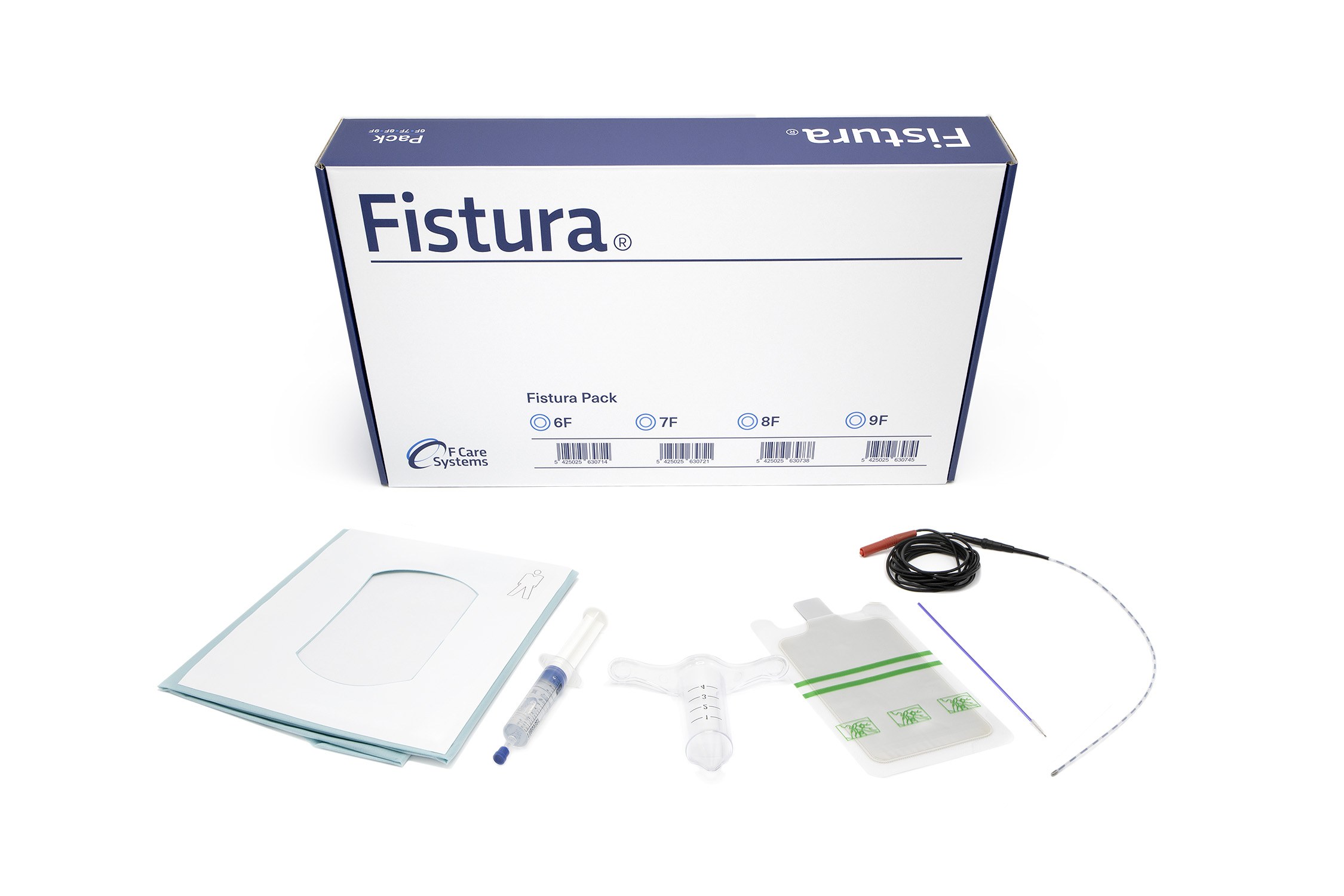
The Fistura® procedure
Radiofrequency treatment of anal fistulas
With an estimated incidence rate of 1-2 per 10,000 people, fistula-in-ano (also known as anal or perianal fistula) is the most common form of fistula; among patients with Crohn’s disease, prevalence estimates range as high as 7%. Anal fistulas have various causes, but they are most often the result of anorectal abscesses—around 50% of patients with abscesses subsequently develop fistulae. Though benign, fistulas and their related symptoms can cause patients significant distress.
Fistula-in-ano is often treated surgically, for example via fistulotomy (with or without prior Seton placement, depending on fistula complexity and degree of sphincter involvement) or an endorectal advancement flap. Such procedures, however, require weeks of recovery and carry a significant risk of healing failure, sphincter damage, and/or post-operative anal incontinence.
As a result, more and more healthcare professionals are turning instead to minimally invasive, sphincter-sparing treatments like Fistura®, in which the anal fistula is ablated using radiofrequency energy. Fistura® employs the principle of thermocoagulation, which is already widely used in a range of vascular, dermatological, and oncological applications. The procedure can be performed as a day case and causes minimal discomfort; most patients can resume their normal activities within a few days. Post-treatment care usually consists of analgesics and wound care.
Advantages for patients
- Minimally invasive—no incision means no risk of incontinence
- Little to no discomfort
- Can be performed on an outpatient or day-case basis
- Allows quick return to daily activities
- Minimal post-operative care
Advantage for practitioners
- Quick, efficient alternative to more invasive techniques
- Simple to perform
- Sphincter-sparing technique minimises complications (e.g., incontinence)
- Suitable for treating patients with Crohn’s disease
- Precise energy control prevents damage to surrounding tissue